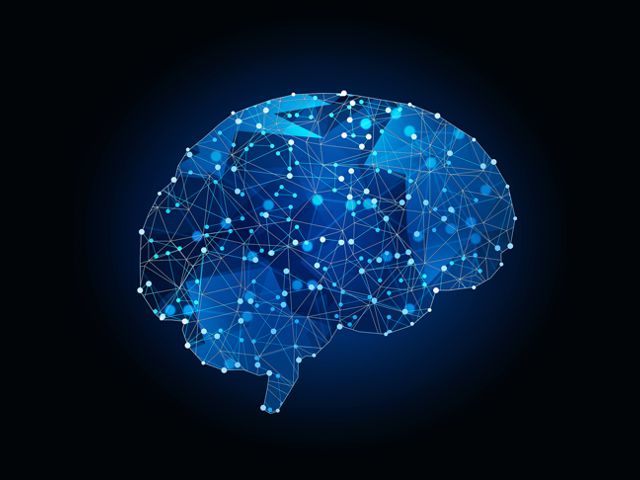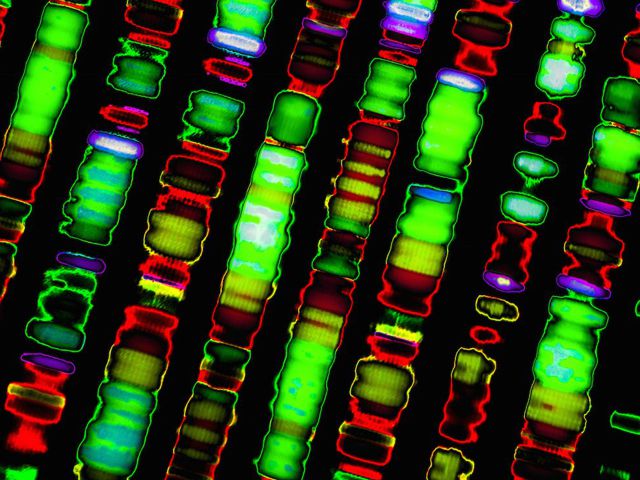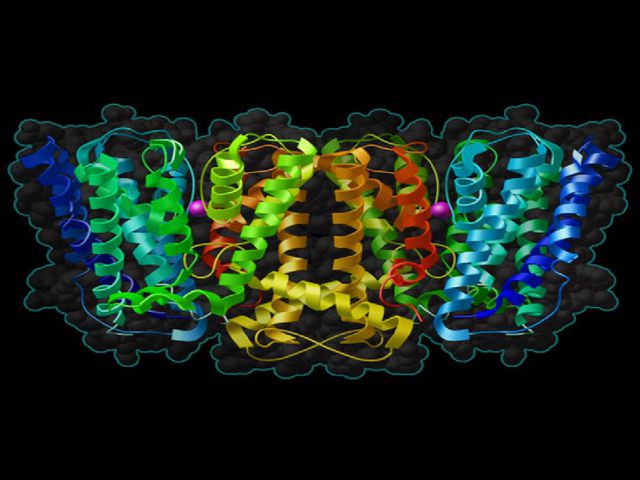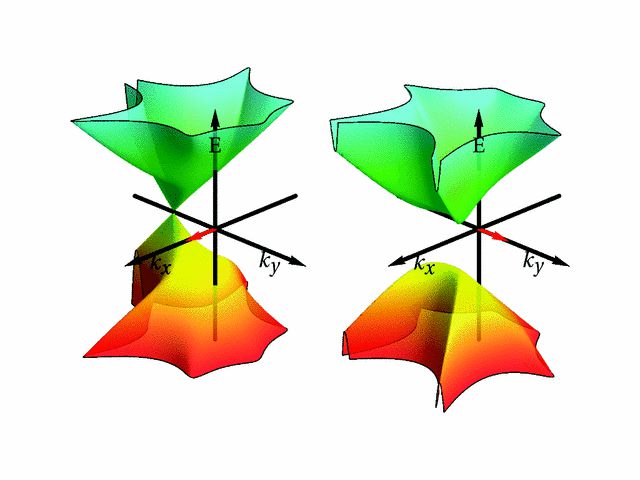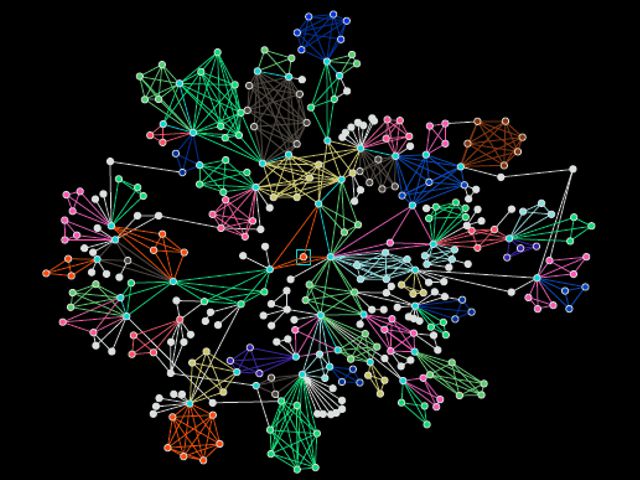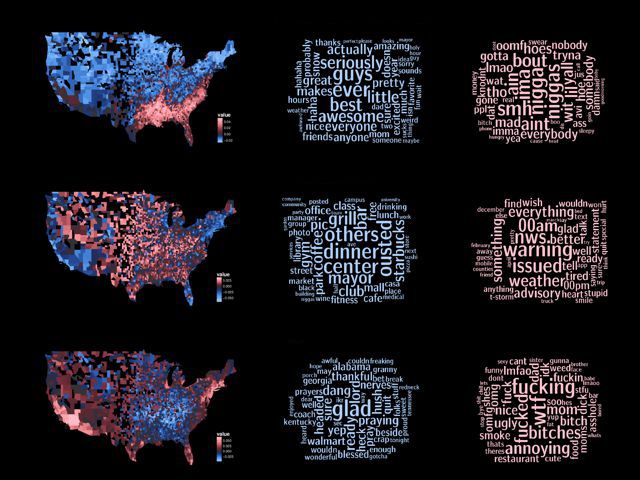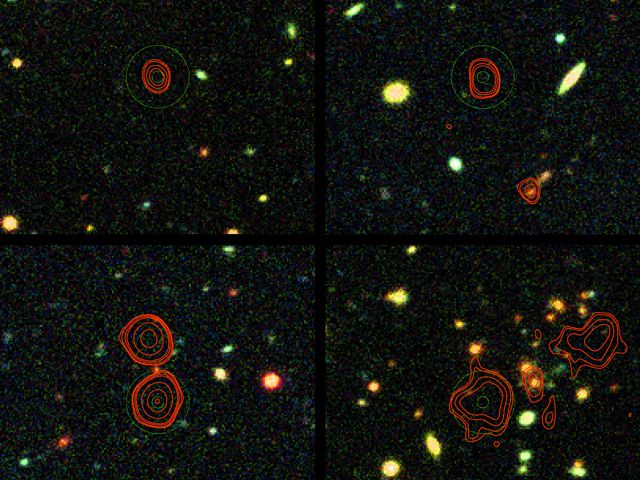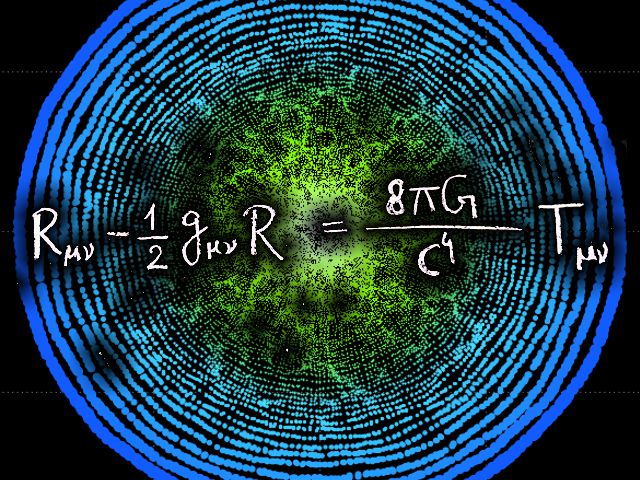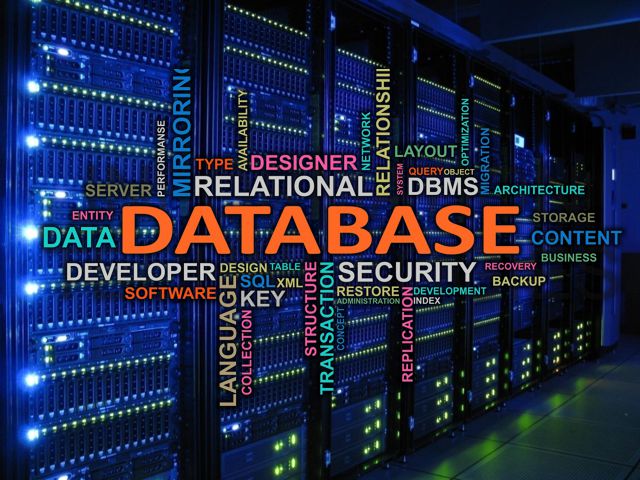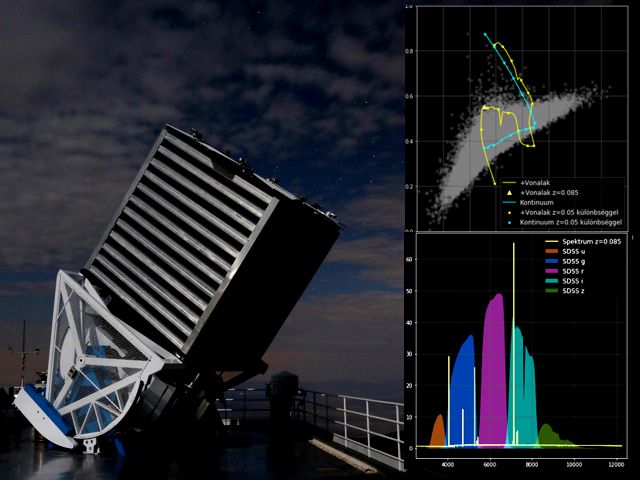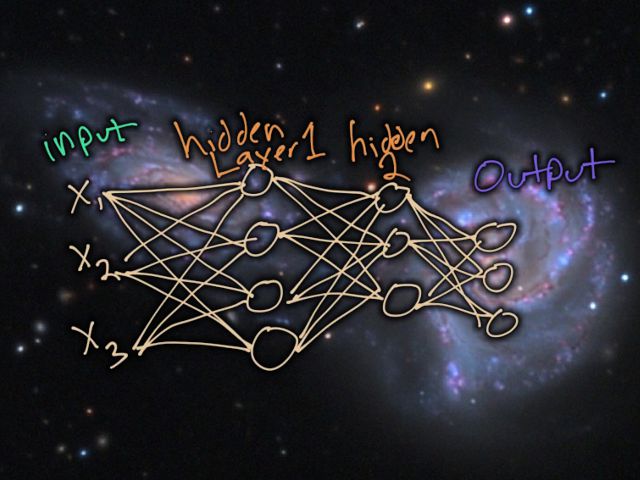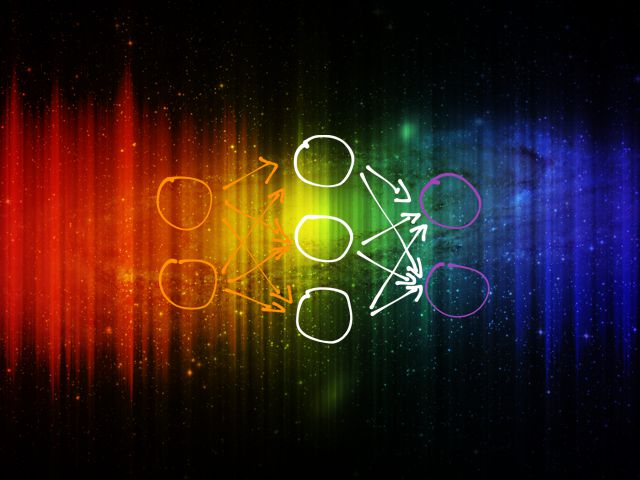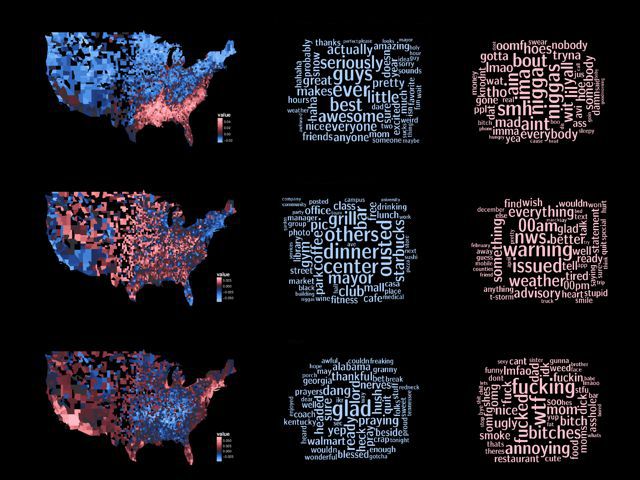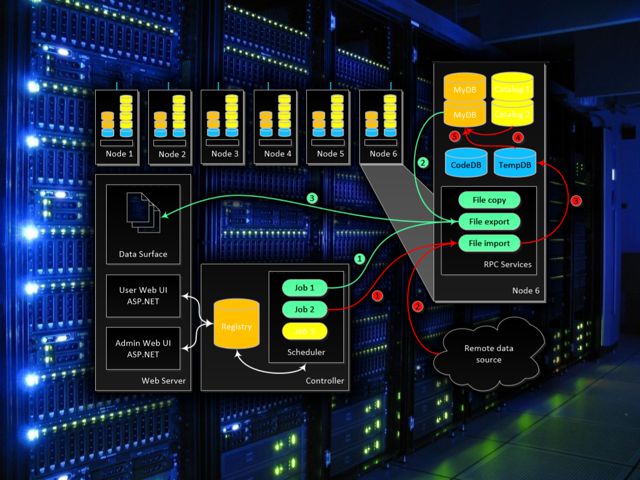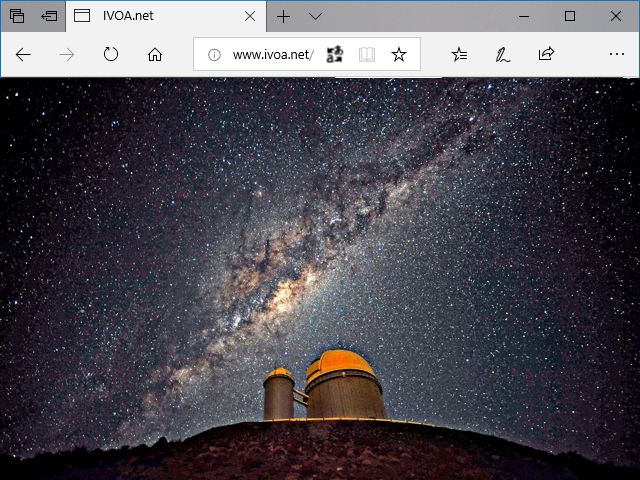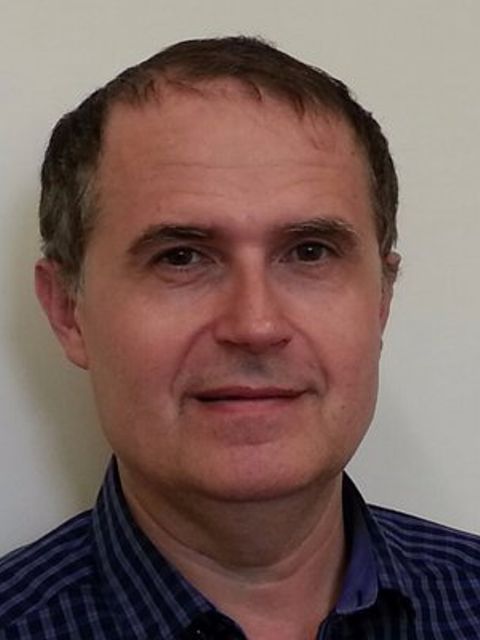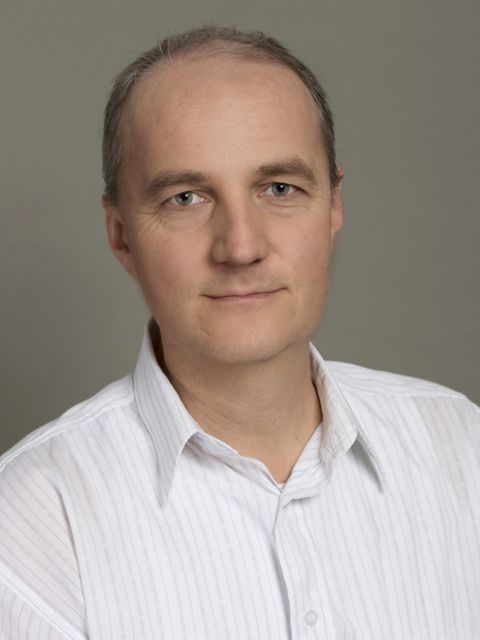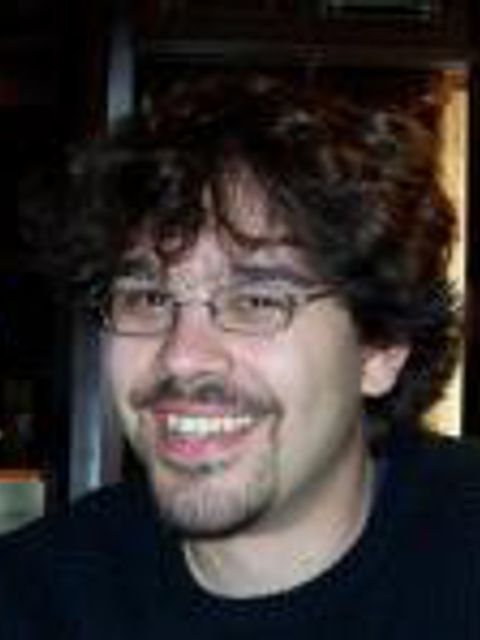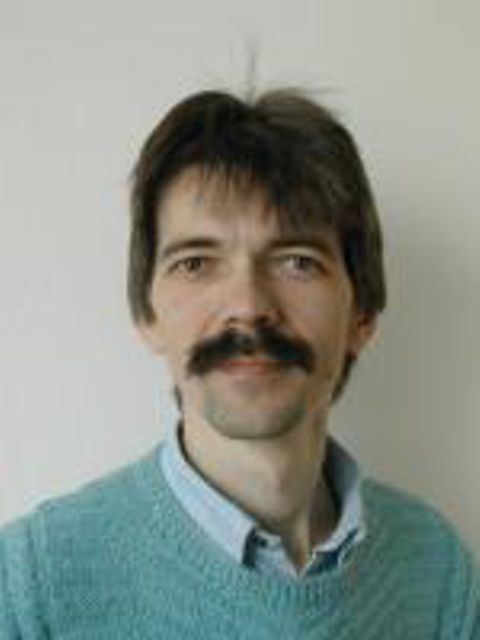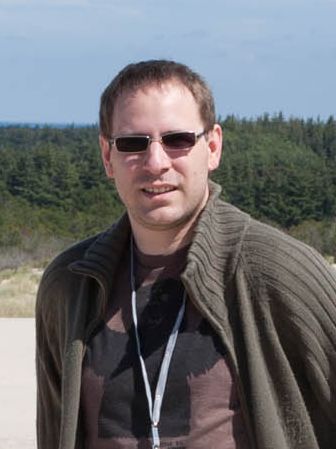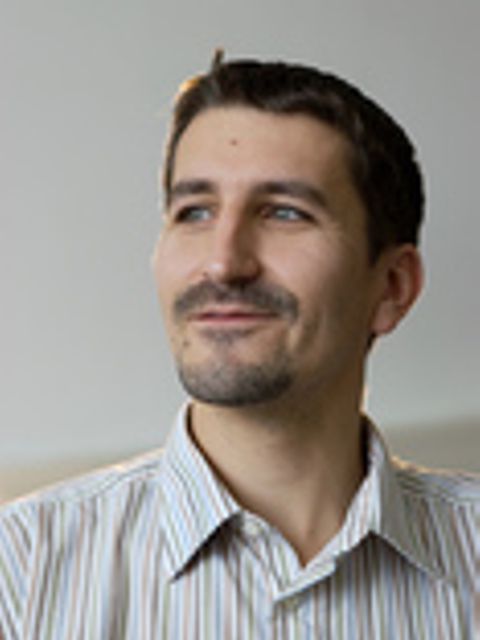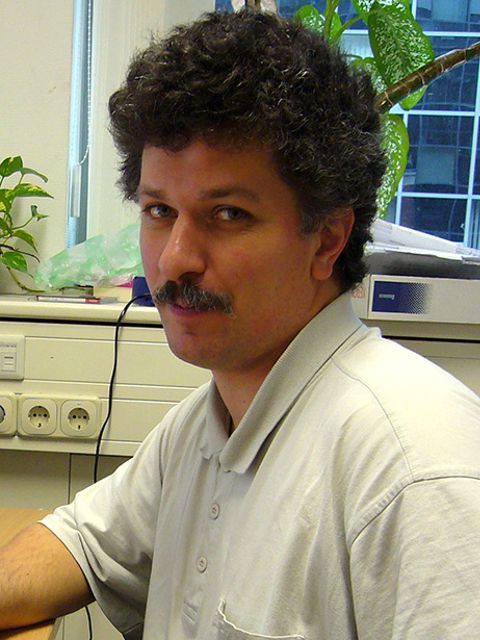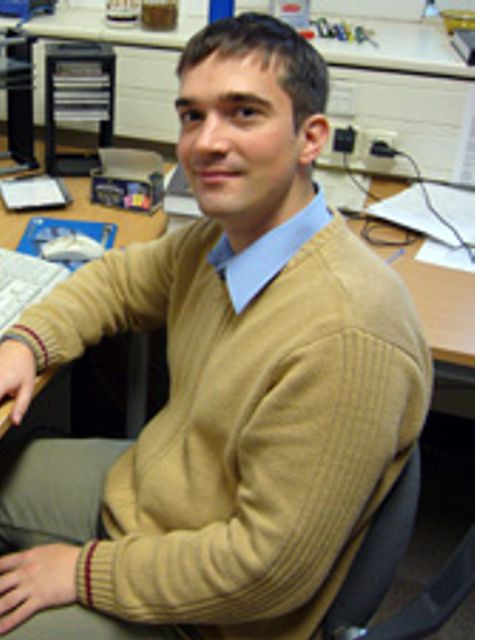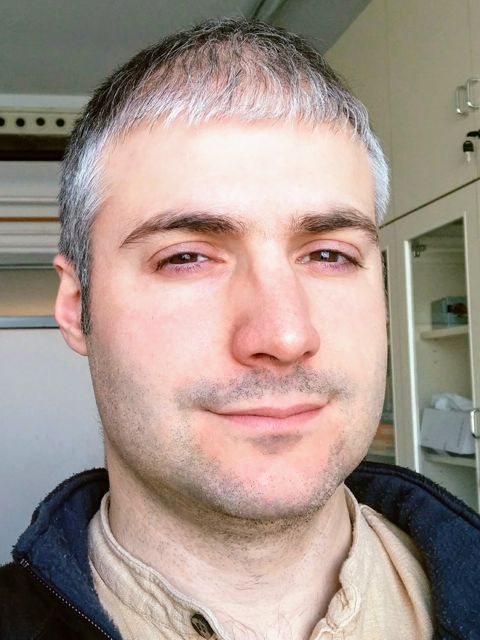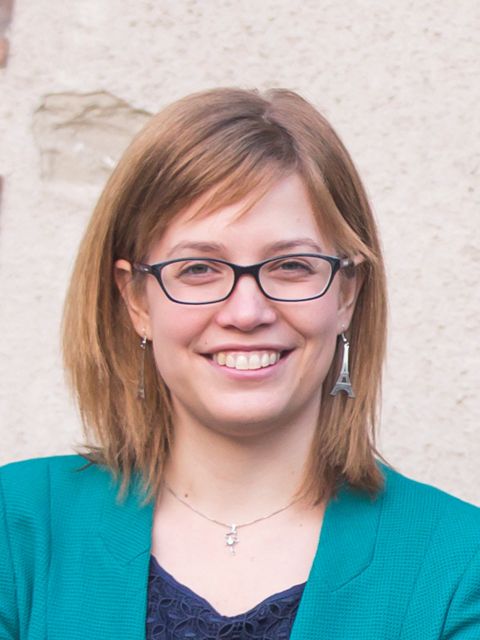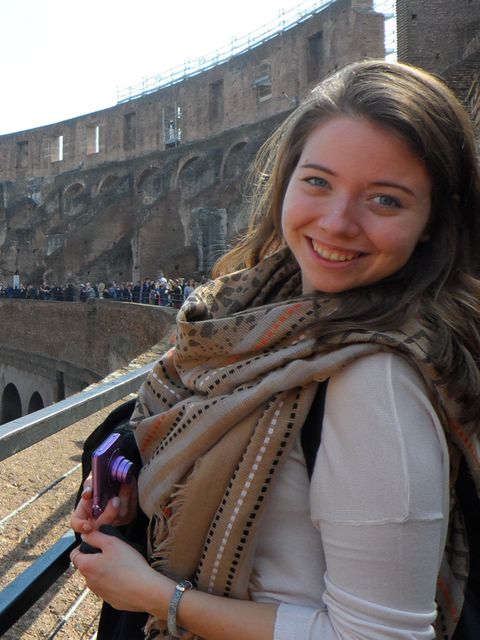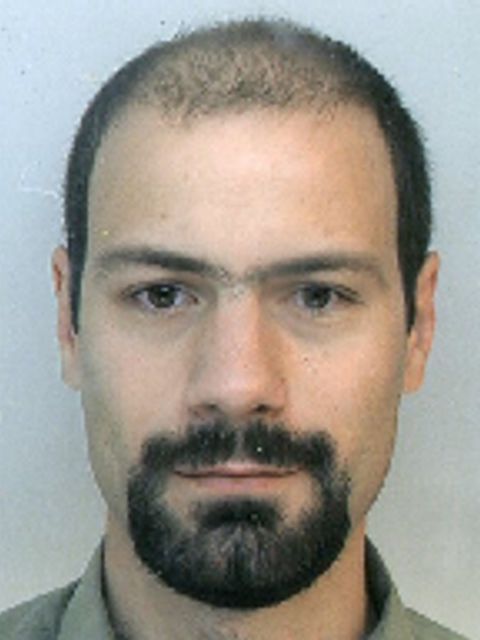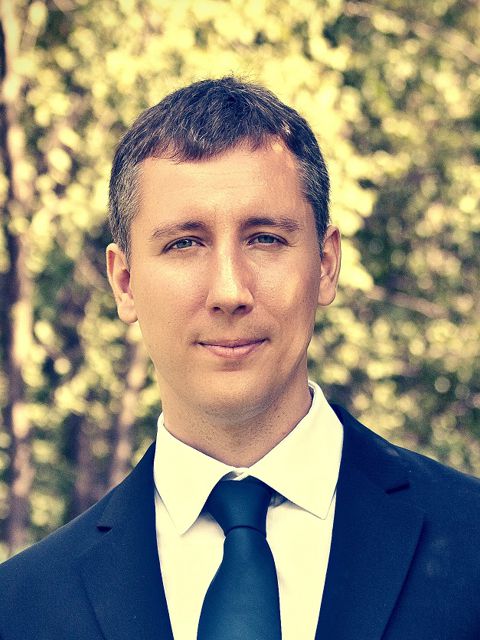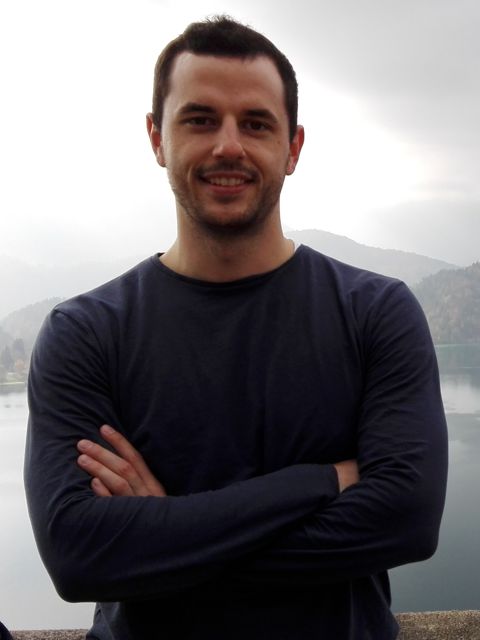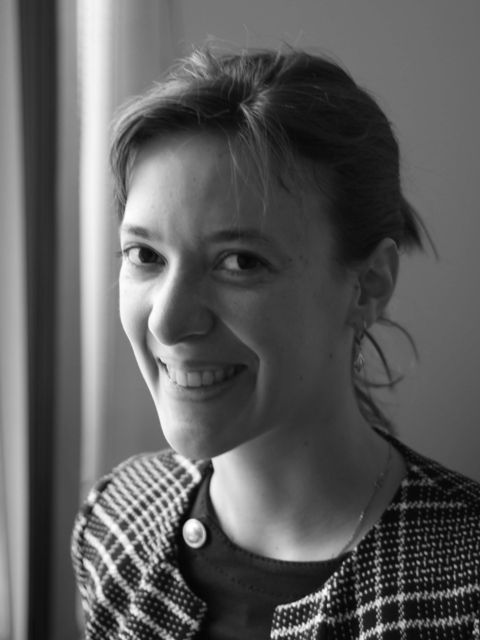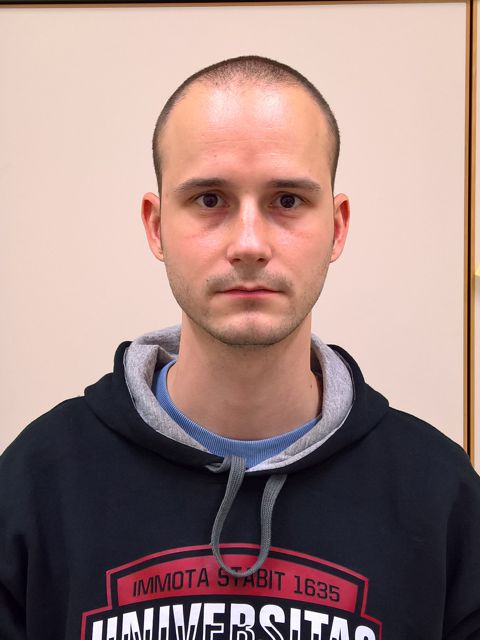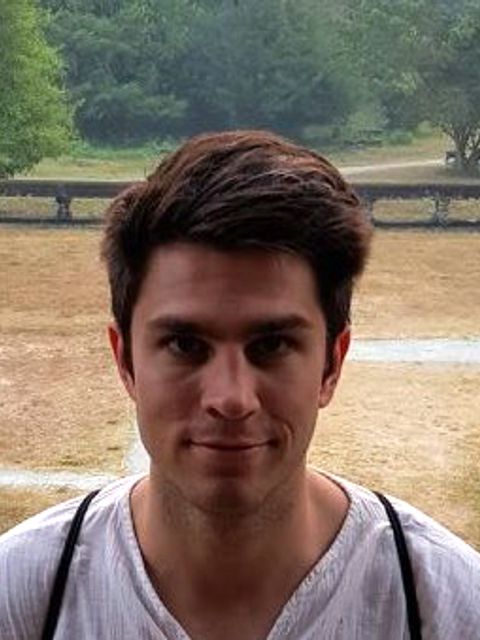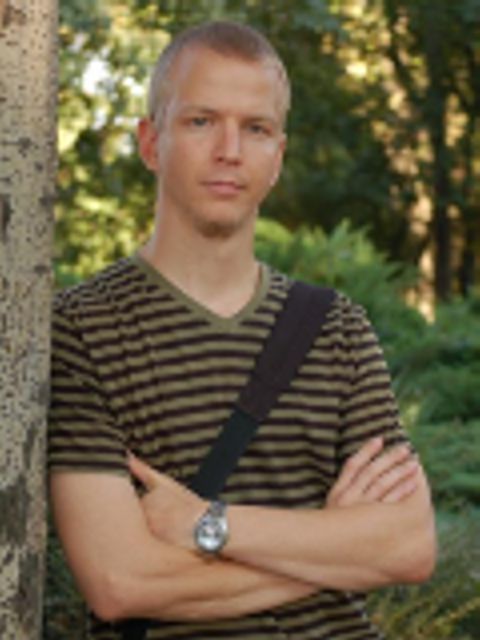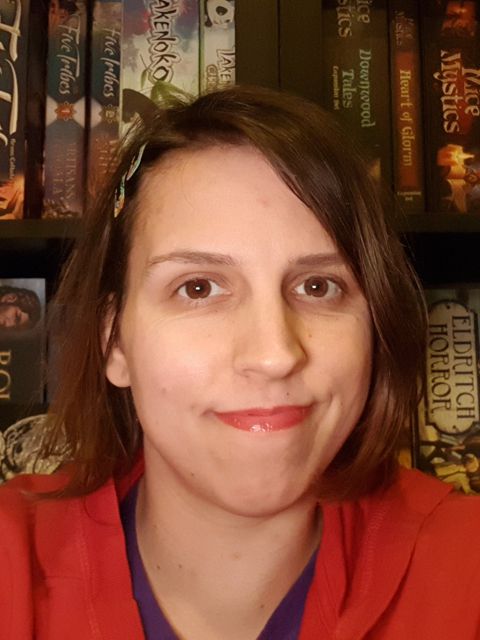Scientific Data Analytics and Modelling Programme
- an English-language specialization for Master's students of Physics, organized by the Institute of Physics, Eötvös Loránd University.
The programme offers a comprehensive practical and theoretical
overview of modern scientific data science and aims to develop skills
in the fields of experimental data analysis, mathematical
modelling, advanced statistics and big data technologies.
We are living in an age of data-intensive sciences, which is an
alternative to the traditional hypothesis-driven approach. Meanwhile,
there is a growing trend of using complex systems methods not just in
natural sciences, but also in economics or sociology. A proof of these
phenomena is the appearance of the latest journal of the European Journal
of Physics family called EPJ Data Science that collects articles from all
fields having common questions.
- How can we get data from ever more complex systems?
- How can we analyze the data to detect new connections?
- How to discover new empirical laws and fundamental theories
about the behavior of natural or artificial systems?
The aim of the journal is to find answers to these question using experimental data,
simulations and data mining. However, the methods used contain not only traditional
statistics or programming, but they are combined with machine learning and artificial intelligence.
The recent changes have pushed the job market also in a direction, there the demand for workforce
with low qualifications constantly decreases. The progress of automation makes jobs that can be
automated disappear, while there is an ever growing need for digitally creative people who can design
and implement the automated systems. Firms and governments have begun to measure the output of all of
their activities, and operate their systems and base their decisions on the enormous amount of data
collected. That is why parallel to experts in several fields such as economists, bankers, sociologists,
engineers, biologists etc., there is a growing need for professionals familiar with data collection,
storage, modeling and analysis techniques.





